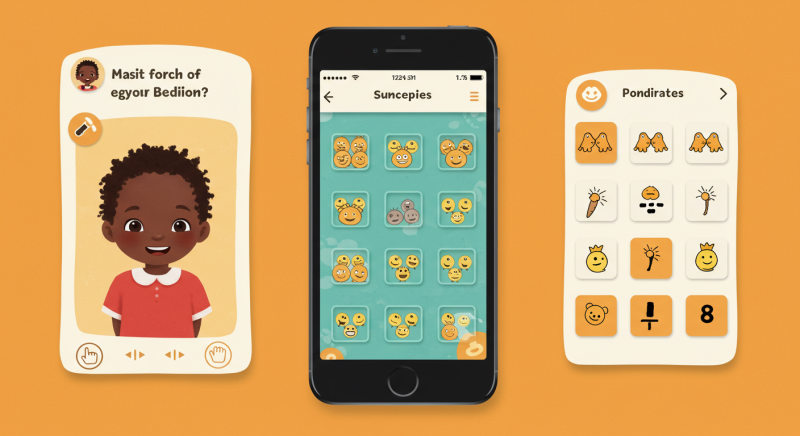Did you know that 1 in 3 Nigerian children under the age of 5 lacks access to any form of early childhood education? According to UNICEF, only 36% of Nigerian children attend preschool, leaving millions without the cognitive and social tools needed to thrive in primary school and beyond. This gap perpetuates cycles of poverty and limits national development. In this comprehensive guide, we explore the transformative power of early childhood education (ECE), its long-term benefits, and actionable steps to bridge Nigeria’s ECE gap.
Key Takeaways
- Early childhood education enhances brain development, literacy, and critical thinking skills.
- Children with quality ECE are 25% more likely to complete secondary school.
- Socioemotional skills like empathy and teamwork are nurtured in structured ECE environments.
- Nigeria’s ECE challenges include funding shortages, cultural misconceptions, and inadequate teacher training.
- Parental involvement and government policies are critical to expanding access to ECE.
The Science Behind Early Childhood Development
The first five years of a child’s life are a period of rapid brain development, with 90% of brain growth occurring by age 5 (Harvard Center on the Developing Child). During this phase, neural connections form at a rate of up to 1 million per second, laying the foundation for learning, behavior, and health. Early childhood education programs stimulate these connections through play-based learning, language exposure, and problem-solving activities.
In Nigeria, children exposed to ECE demonstrate 34% higher literacy rates by Grade 3 compared to peers without preschool experience (World Bank, 2022). Structured curricula that blend local languages (e.g., Yoruba, Hausa, or Igbo) with English foster bilingualism, a skill linked to improved memory and multitasking abilities.
Benefits of Early Childhood Education
1. Cognitive and Academic Advantages
Children enrolled in quality ECE programs develop stronger numeracy, literacy, and analytical skills. A 2023 study by the Nigerian Educational Research and Development Council (NERDC) found that ECE graduates scored 40% higher in primary school entrance exams. Activities like storytelling, counting games, and puzzles activate the prefrontal cortex, enhancing logical reasoning and creativity.
2. Socioemotional Growth
ECE environments teach conflict resolution, empathy, and collaboration. For instance, group activities like role-playing “market day” or communal storytelling instill cultural values while promoting teamwork. Research by the African Child Policy Forum (2021) shows that children with ECE backgrounds exhibit 50% fewer behavioral issues in later schooling.
3. Long-Term Economic and Social Impact
Investing in ECE yields a 7-10% annual return through improved productivity and reduced social costs (Brookings Institution). Adults who attended preschool earn 20% higher wages and are more likely to invest in their own children’s education, breaking intergenerational poverty cycles.
The Nigerian Context: Challenges and Opportunities
Despite its benefits, Nigeria’s ECE enrollment remains low due to:
- Cultural Beliefs: Some communities view formal education as unnecessary before age 6.
- Resource Gaps: Only 12% of public primary schools have dedicated ECE facilities (UNICEF Nigeria).
- Teacher Shortages: Over 70% of ECE teachers lack certification in child-centered pedagogies.
Success Stories: States like Lagos and Rivers have integrated ECE into universal basic education (UBE) policies, achieving 55% preschool enrollment. NGOs like Save the Children Nigeria train parents to use household items for educational play, bridging resource gaps.
How Parents and Policymakers Can Drive Change
- Parental Advocacy: Use local radio and community forums to debunk myths about ECE.
- Teacher Training: Governments should partner with institutions like the National Teachers’ Institute (NTI) to certify ECE educators.
- Public-Private Partnerships: Companies like GTBank and Dangote Foundation can fund ECE centers in underserved regions.
Conclusion
Early childhood education isn’t just a stepping stone—it’s the cornerstone of lifelong success. For Nigeria, prioritizing ECE means unlocking the potential of 20 million children currently excluded from preschool. By addressing systemic barriers and leveraging community strengths, we can build a future where every Nigerian child thrives.
Sources:
